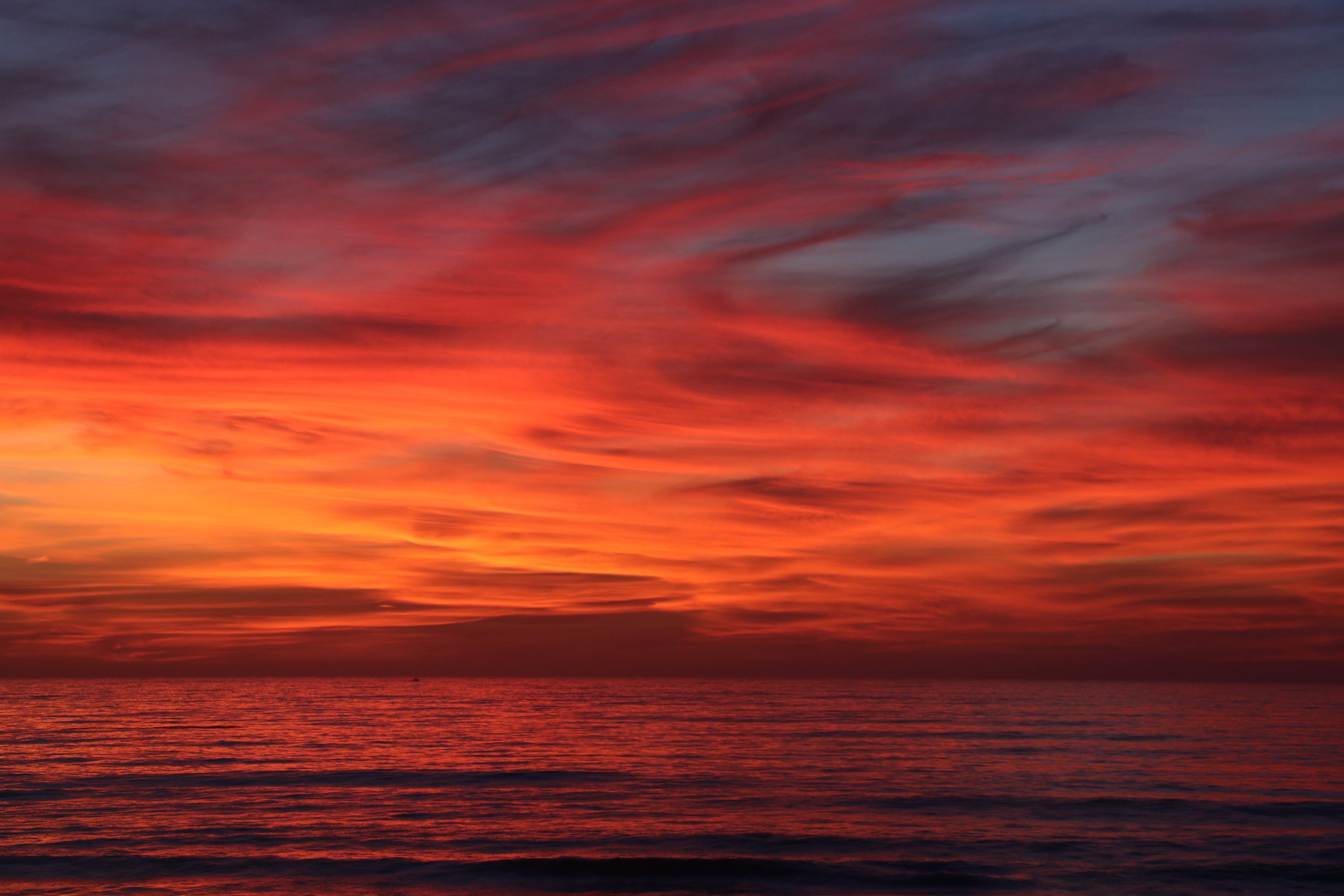
Dr Ngahuia Murphy
Ngahuia is from Te Urewera in Aotearoa. Through her father she descends from Ngāti Manawa, Ngāti Ruapani ki Waikaremoana, Ngāi Tuhoe, Te Arawa and Ngāti Kahungunu. Through her mother she connects with the ritual feminine traditions of Ireland.
Ngahuia is an award-winning scholar, author, artist and public speaker committed to reactivating Indigenous women’s sacred knowledge and ritual practice. Her research, described as ‘groundbreaking’, ‘revolutionary’ and ‘incendiary’ by critics, has been instrumental in reviving ‘lost’ Māori menstruation rites of passage and women’s ceremonies that were deliberately erased through patriarchal colonial processes. Ngahuia has worked with Indigenous Peoples around the world in reclaiming matrilineal knowledge through scholarship, theatre work, activism and art.
Ngahuia’s work is guided by mana motuhake, tino rangatiratanga and the resurgence of the divine feminine to restore the sacred laws of balance.
Ngahuia Murphy in the media
Waka Huia, Īkura Episode. Māori Television
Takiura. Episode 2. Māori Television
Waitangi Tribunal Mana Wahine Hearings 2021
AWWA Ceremonies while menstruating Ngahuia Murphy Podcast
Nuku Women Ngahuia Murphy Podcast
Feedback for Ngahuia’s work
‘Te Awa Atua fits within the exciting work being done by indigenous writers around the world to reclaim truths of indigenous value and history that have for too long been misinterpreted and redefined by the colonisers. In particular it is an important addition to Māori scholarship and a proud and necessary restatement of mana wahine’.
– Moana Jackson, Ngāti Kahungunu
‘Te Awa Atua has ignited a renewed consciousness … This book MUST be read. Transformative, truly transformative.’
– Dr Natalie Robertson - Ngāti Porou
‘Life changing, so empowering and inspiring to reclaim our ikura as powerful and sacred!’
“Best book purchases I ever made. I read Waiwhero with my children and we all loved it. I wanted my daughters and sons to know the depth of a woman's time and how to care and honour one another during sacred moments. I searched for a long time to find books on a women’s bleed with a wahine Māori perspective and these two were it for us’. Tangiwai Wetere Hepi.
